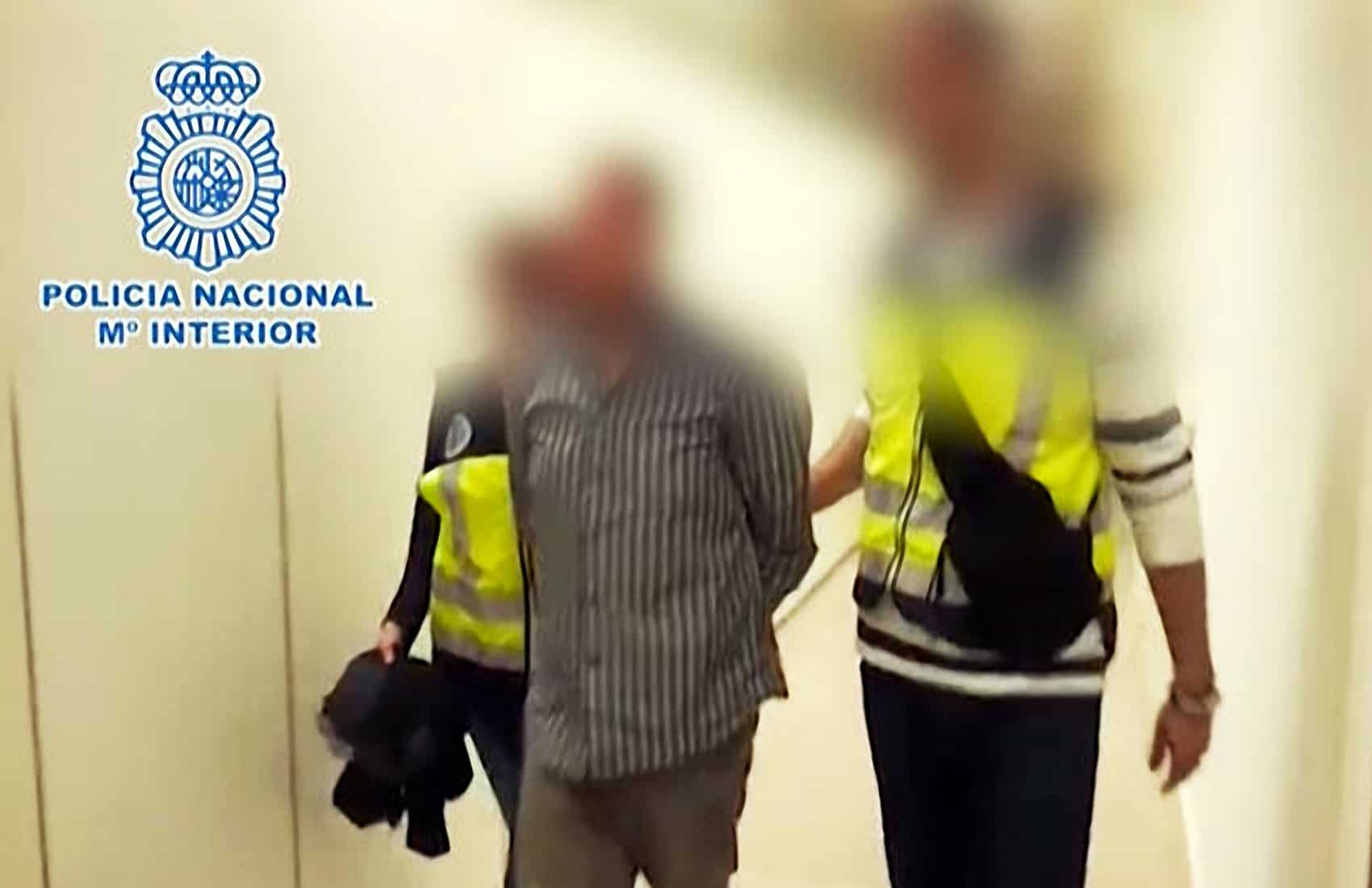Arthur Budovsky Belanchuk, 42, the founder of the Costa Rica-based cyber-currency operation Liberty Reserve pleaded guilty to one charge of conspiring to run a money laundering operation, the U.S. Department of Justice announced last Friday.
The Ukranian-born Budovsky, who obtained Costa Rican citizenship after marrying a San José empanada vendor in 2008, pleaded guilty before U.S. District Judge Denise L. Cote in Manhattan on charges of operating from 2006 to 2013 a virtual currency used by cyber-criminals around the world to launder more than $6 billion in proceeds that often were generated from illegal activity, U.S. authorities allege. The operation was shut down by the U.S. government in May 2013, and Budovsky was arrested in Spain.
Investigations determined that the Costa Rica-based Liberty Reserve handled some five million accounts worldwide. Budovsky was among seven people charged when U.S. federal authorities announced they had shut down what was described as one of the world’s biggest money laundering schemes.
Budovsky’s sentencing is scheduled for May 6, and he faces a maximum sentence of 20 years in prison for conspiring to commit money laundering.
Co-defendants Vladimir Kats, Azzeddine El Amine, Mark Marmilev and Maxim Chukharev, already pleaded guilty. Marmilev and Chukharev were sentenced to five and three years in prison, respectively. Kats and El Amine await sentencing, and charges against two more defendants who are at large remain pending, the Department of Justice stated.
Seventeen companies cooperated in the probe of the cyber-fraud scheme, according to U.S. Attorney Preet Bharara.
Liberty Reserve has been shut down, and Arthur Budovsky stands convicted in an American court of law, facing the loss of his own liberty
— US Attorney SDNY (@SDNYnews) January 29, 2016
The fraud scheme
The scheme worked as an online money exchange that used its own virtual currency, known as the Liberty Reserve, or “LR,” to provide anonymous payment processing services for online customers who were able to open an account anonymously using nothing more than an email address. Unlike similar services such as Bitcoin, LR did not have a public ledger and it quickly became a haven for cyber-criminals all over the world.
In a statement, Assistant Attorney General Leslie R. Caldwell last week said that after a prior conviction for operating an unlicensed money transmitting business, “Budovsky developed Liberty Reserve, which quickly became a premier service used by criminals around the world to launder their criminal proceeds.”
Budovsky also held a U.S. citizenship that he renounced in 2011 to live in Costa Rica in an effort to escape the reach of U.S. law enforcement, following a previous conviction in 2006 to five years in prison for engaging in the business of transmitting money without a license. That sentence was reduced to probation.
To obtain his Costa Rican citizenship, Budovsky married a street vendor who used to sell empanadas on a sidewalk near the Immigration Administration in San José. That woman has publicly said that Budovsky’s lawyer convinced her to marry the Ukrainian-born U.S. man in exchange for ₡200,000 ($360).
Budovsky was arrested in Spain in May 2013 as part of a money laundering investigation conducted jointly by police agencies in the U.S., Costa Rica and several other countries. That same year, Costa Rican Judicial Investigation Police conducted raids at Budovsky’s properties in the San José area and seized vehicles worth more than $1 million, including four Rolls-Royces, a Mercedes Benz and a motorcycle.
In February 2014, Spanish officials approved Budovsky’s extradition to the U.S. that occurred in October that year.






